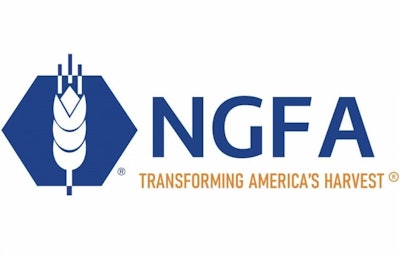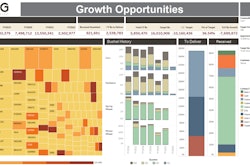
The National Grain and Feed Association (NGFA) has voiced its concerns over recent proposals to overhaul bank capital rules, asserting that the changes would escalate costs for accessing cleared derivatives markets. In comments submitted today to federal banking agencies, NGFA President and CEO Mike Seyfert highlighted the potential impact on agricultural hedgers who rely on derivatives markets to manage risks.
Seyfert emphasized the significance of central clearing in instilling confidence among agricultural hedgers, enabling them to trade contracts without the fear of loss in the event of a counterparty default. He expressed apprehension about the proposals leading to a reduction in the availability of clearing services, particularly noting the major contribution of U.S. banks to the clearing system.
The proposed rule, introduced in September 2023 by the Board of Governors of the Federal Reserve System, the Federal Deposit Insurance Corporation (FDIC), and the Office of the Comptroller of the Currency (OCC), aims to increase capital requirements for large banking organizations and those engaged in significant trading activities. Additionally, the Board issued a separate proposal outlining risk-based capital surcharges for global systemically important bank holding companies (GSIBs).
NGFA raised concerns about the potential cessation of futures commission merchant (FCM) services by GSIBs if the proposals are implemented as currently drafted. Seyfert stressed the necessity of FCM capacity provided by GSIBs for hedging risk, urging the Board to modify the proposals to eliminate the adverse impact on derivatives and risk management tools crucial to end-users.
In its conclusion, NGFA, alongside other agricultural groups, urged federal agencies to reconsider the proposals to ensure they do not discourage banks from offering essential services to their customers. They emphasized the importance of maintaining the strength of central clearing, which relies on the active participation of banks and institutions as members of clearinghouses. The proposed changes, if implemented, could potentially diminish the number of firms available to provide clearing services to agricultural end-users.
NGFA and several other agricultural groups had previously submitted comments in December, collectively outlining their concerns regarding the potential ramifications for the industry. The overarching message was to modify the proposals to preserve the integral role of banks in providing clearing services for agricultural risk management.


















